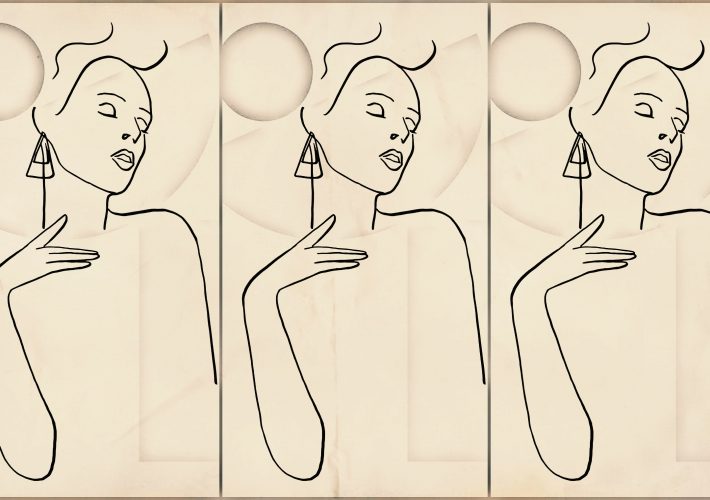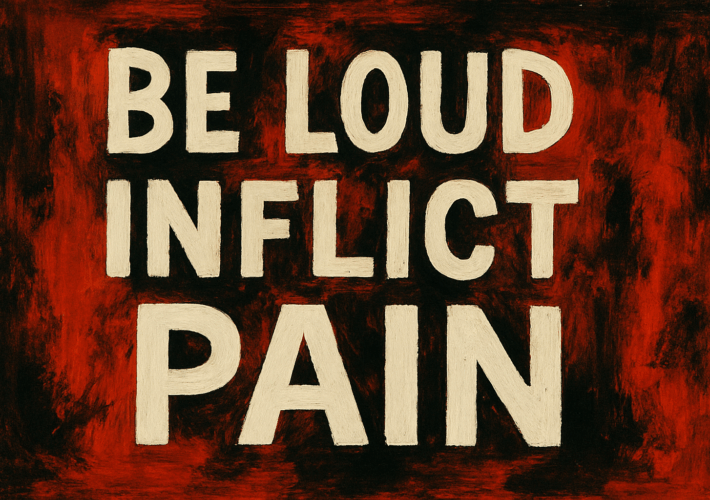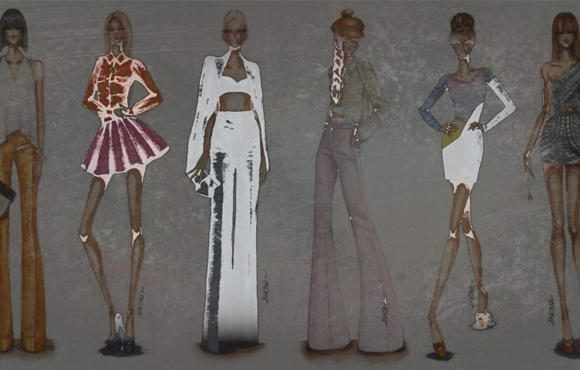There’s something curious — and quietly exhausting — about how independence is treated when it comes to South Asian women, especially those who are unmarried. A woman says she is free, she celebrates her autonomy, and suddenly the air shifts. The room stiffens. The smiles falter. And someone, almost always, says some version of: shhh, log kya kahenge?
THIS PIECE ISN’T A REJECTION OF MARRIAGE
To be a woman without a husband or children in our society is not just to carry your own story — it’s to shoulder everyone else’s discomfort with it. You’re either pitied, pathologized, or politely dismissed. You’re told not to talk too loudly about your contentment, because “dil ke behlaane ko Ghalib yeh khayal achha hai.” As if your life, in all its self-made glory, is just a sad consolation prize dressed up as self-love.
But what if it isn’t?
What if — brace yourselves — it’s actually a beautiful, intentional choice? What if it’s not loneliness, but liberty? What if a woman decides she will first know herself, heal herself, and dream her own dreams before sharing someone else’s or raising another soul in this world?
The truth is, women today are doing just that. Many of us are no longer entering or remaining in marriages for the sake of society. We’re no longer afraid of solitude, no longer terrified of the pause between societal milestones. We are asking harder questions: Who am I without the roles I’ve been told to perform? What do I want, really? What does love look like if it isn’t rooted in sacrifice or survival?
And yet, this idea — of a woman not being “tied down” — feels threatening to many. Most surprisingly, it seems to rattle not just men, but married women too. There’s a defensiveness, a suspicion. As though any woman who celebrates her freedom is somehow mocking those who’ve chosen or accepted a more traditional path. But this is not about comparison — it’s about completion, on one’s own terms.
Why does a woman celebrating her autonomy feel like an indictment of someone else’s choices? Why does it rattle us to see someone stand fully in her power, not as someone’s wife, someone’s mother — but simply as herself? Maybe it’s because we’ve all been taught, overtly and subliminally, that a woman is only truly “complete” when she belongs to someone else. That until then, she is in waiting. In lack.
But the tide is turning. Slowly, steadily. And it’s time we get comfortable with the idea that women don’t owe the world marriage or motherhood to be seen as whole. It’s time we honour the bravery of those who leave, who pause, who explore, who say no, who say “not yet,” or who say “this life — just like this — is enough for me.”
This isn’t a rebellion against marriage or family. It’s not a rejection of love. It’s a reclamation of choice. The right to live intentionally. And that right should be sacred — whether it leads you to a partner, to children, or to a quiet home filled only with your own laughter.
To state even more clearly, this piece isn’t a rejection of marriage, nor is it a critique of those who find love, stability, and meaning within it. Marriage, when chosen freely and rooted in mutual respect, can be deeply fulfilling. But what’s worth celebrating today is that more women are recognizing they have options. That they no longer have to comply with timelines, expectations, or pressures to settle — they can wait, they can walk away, or they can opt out entirely. The shift is in the mindset: she will not marry to fill a void or meet a milestone. She will only accept what truly adds value to her life. And she knows now that “settling down” doesn’t have to mean marriage — it can simply mean arriving into her own self, on her own terms.
Let’s stop filtering every woman’s story through the lens of what she does or doesn’t have — husband, children, ring, stroller. Instead, let’s ask: is she free? Is she thriving? Is she choosing this life, or surviving it?
The next time a woman says she’s happy, listen — really listen. Don’t flinch, don’t project, don’t explain it away. Just let her be. Let her celebrate. Let her fly.






Leave a Comment